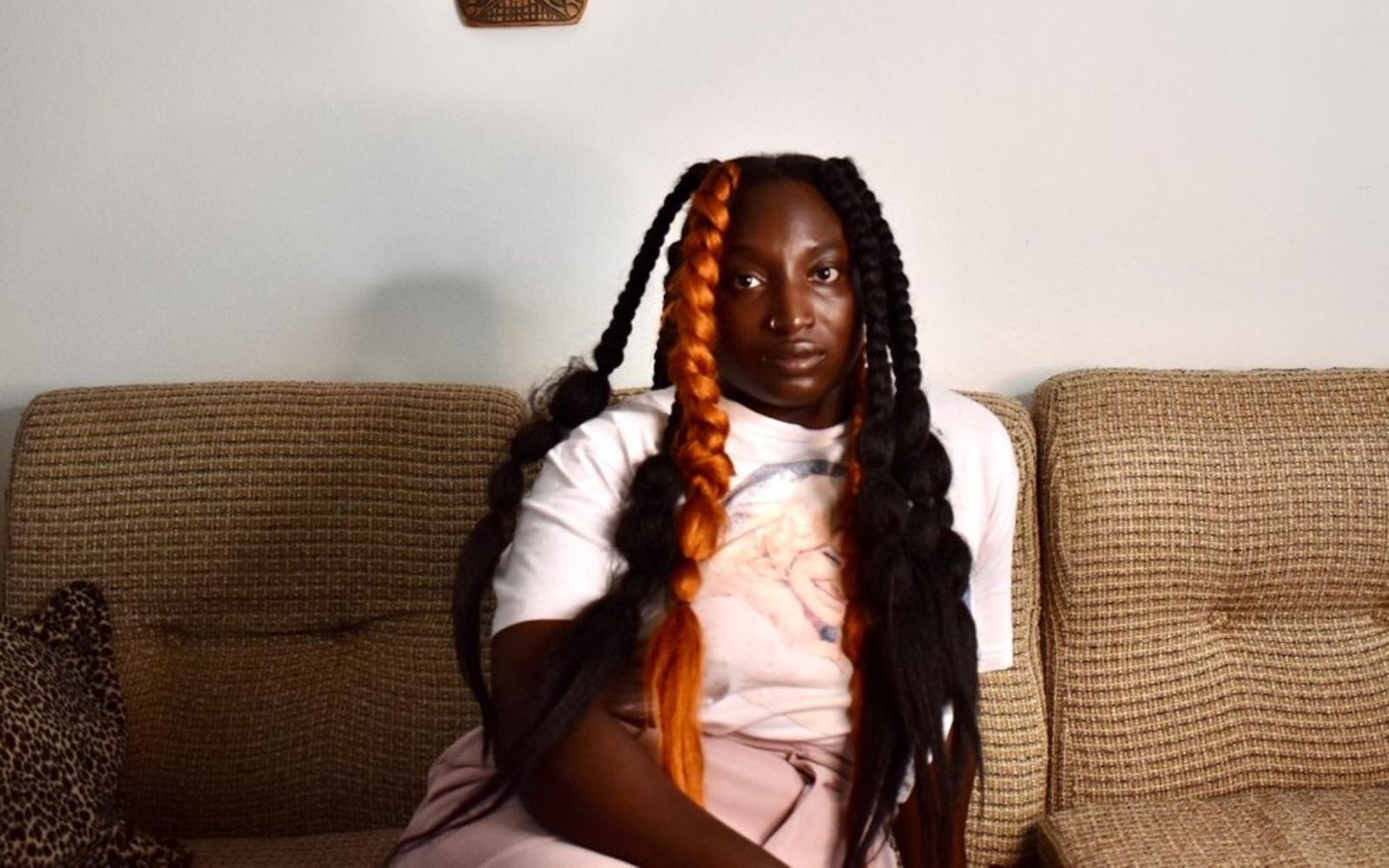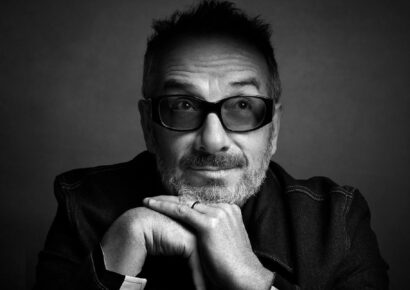The DJ and producer has made the life changing move down to Melbourne (Naarm) where she is settling into a new career, and preparing to play at the final Inner Varnika.
Ayebatonye Abrakasa is a name that’s been on the lips of music lovers in Australia for the past 12 years. Her musical productions and DJ sets are a veritable sonic journey through a diverse range of global electronic sounds. Drawing upon a rich tapestry of afro rhythms, deep percussive drum beats, classic house, techno, and jersey club, her future-facing sets are a true celebration of musical eclecticism. However, there is much more to her than her music; with us, she opens up about new beginnings in her career and about being asked to DJ at the final Inner Varnika festival.
Keep up with the latest music news, features, festivals, interviews and reviews here.
As the sun sets on Djagurd Wurrung Country this weekend there will be a palpable sense of excitement in the air. Inner Varnika festival, one of Victoria’s most beloved and underrated music festivals, will be kicking off. But this year’s festival is different, and not just because of the stunning line-up of musicians and DJs who will be taking the stage.
For those who have followed the festival’s journey over the years, there’s a bittersweet feeling to this year’s proceedings. Organisers have announced that Inner Varnika 2023 will be the last. After over a decade of bringing together music lovers from around the world, the festival will be bowing out in style.
https://www.instagram.com/p/CqpXtswvs55/
There are many reasons why Inner Varnika has become such an important part of Australia’s music scene. For one, the festival has always placed a strong emphasis on showcasing diverse and eclectic musical styles. From techno to jazz, funk to ambient, the line-ups have always been carefully curated to reflect the diversity of contemporary music.
For Ayebatonye, being asked to play at Inner Varnika is a major milestone in her career. “This is my first time attending Inner Varnika. To be playing the first one I’ve ever been to, yeah, it’s pretty exciting,” she shared. “I’m sad it’s the last one but also so excited about it. I’m stoked that I got asked. I can forget that people like my music and occasionally get impostor syndrome about that. So it’s cool to be asked.”
Inner Varnika has been an advocate for diversity in the music industry and has made it a priority to showcase a diverse range of artists from different backgrounds, cultures, and identities. The festival believes in the importance of representation for marginalized communities and actively seeks out artists who are often underrepresented in mainstream music spaces.
Inner Varnika’s dedication to embracing diversity is echoed in its array of performers, featuring a fusion of regional and global artists hailing from an array of musical genres, genders, sexual orientations, and ethnicities.
“I feel like it’s an honour to be asked to play at Inner Varnika because it’s such a considered way that they like to curate their lineup. It’s cool they thought of me to be a part of that,” says Ayebatonye.
Ayebatonye has long been recognised as a leader with her commitment to creating a more inclusive music industry. Ayebatonye’s background in community engagement and her experience in the arts world are part of what drew her to make the move down to Melbourne.
Her decision to leave her job in Sydney and move to Melbourne to work for Rising Festival was driven by her desire to make a greater impact on the community. As she puts it, “when you’re working with the state government, there’s only so much space that you have to affect change, because you’re working within mechanisms that are quite established, and they have a purpose.”
As part of the audience and participation team at Rising, Ayebatonye is tasked with finding ways to bridge barriers to participation and access for different communities who are underrepresented and have experienced marginalisation. She describes her role as “very community engagement oriented,” and sees it as an opportunity to take a “radical approach” to community engagement, something that many organisations struggle with.
What Ayebatonye finds particularly exciting about her role at Rising Festival is the focus on meeting the needs of the audience. She notes that, in her experience, many arts institutions tend to prioritise what they believe the world needs, over what the audience needs.
But at Rising Festival, there is a real effort to consider what the audience wants and needs, and to try to provide that without dictating it for them. “I found it really exciting in the job description that they wanted to take a radical approach to community engagement, which is very much something that a lot of organisations don’t do so well,” she added.
As she puts it, “it’s cool to be in a position where we’re really able to consider what the audience needs, and try to give the audience what they need, and they want not dictate it for them, but sort of follow what they’re asking of us.”
Ayebatonye’s work at the Rising Festival involves a lot of consultation and research, as well as outreach to other organisations and institutions. She is excited about the potential to engage with communities across Victoria and nationally, particularly those that may not have existing relationships or positive histories with the traditional arts sector. She has found that the Rising Festival’s commitment to diversity and inclusion is reflected not just in its mission, but in its practices as well.
“The role is very community engagement oriented with a focus on finding ways to bridge barriers to participation and access for different communities, who are underrepresented, who experienced marginalisation.”
“My experience since being here has been that it’s not just words, it’s actionable practice, which is really cool,” Ayebatonye shared. “So there’s been a lot of space to do some really exciting projects that engage with some communities across Victoria, and nationally, that I think don’t have existing relationships or history with the traditional arts sector. It’s all very that’s positive.”
Ayebatonye also discussed the importance of considering the audience’s needs in the arts space. “Generally, we don’t think about what the audience needs as much as more about what the world needs. And so it’s cool to be in a position where we’re really able to consider what the audience needs, and try to give the audience what they need, and they want not to dictate it for them, but sort of follow what they’re asking of us.”
Follow Ayebatonye here.

